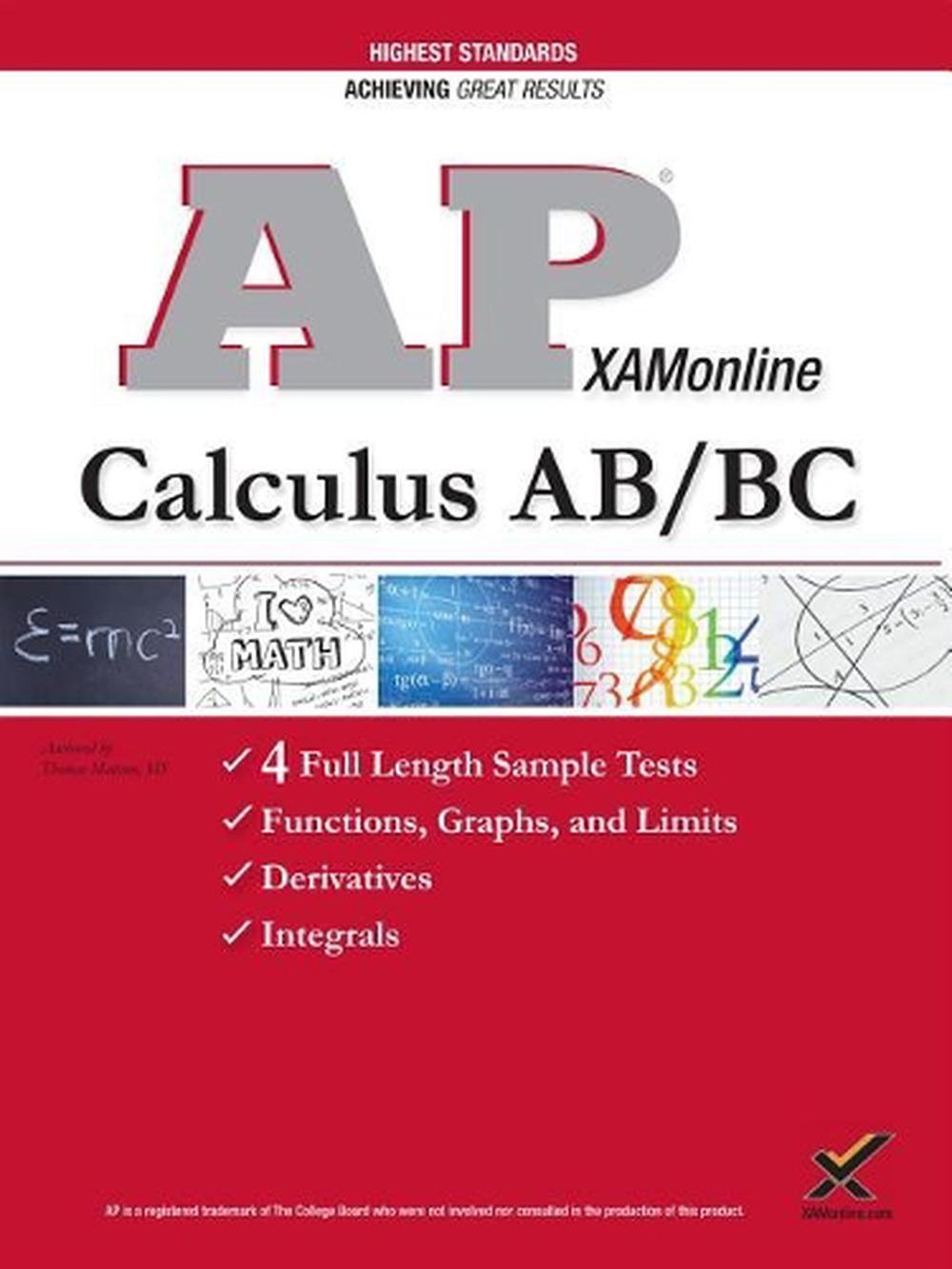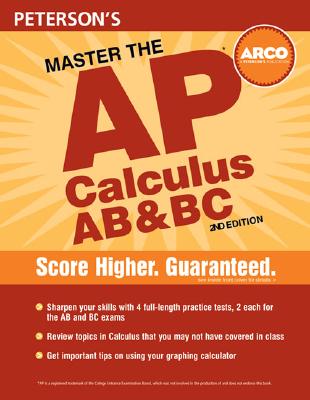
If you do not finish this section in the allotted 30 minutes, you can continue to work on the problem during the time for the next section. There will be a lot of computation, but you will not be able to fake an understanding of calculus with any calculator tricks. Don’t expect to just “plug and chug” in this section. Like the calculator section of the multiple-choice, this section will have numerically complex calculations where you will frequently need a graphing calculator. Part A-2 questions, 30 minutes, calculator You will still need to understand the appropriate steps because many of these problems will be too involved to guess and check in the time allotted. This will often yield irrational numbers (non-terminating, non-repeating decimals, though usually rounded to three decimal places) While the calculations will be more difficult from an arithmetic standpoint, you may find it easier when you can plug exact numbers into formulas to confirm your answer. The goal here is to apply calculus concepts to very exact math problems. The numbers will not be so neat in this section. Part B-17 questions, 50 minutes, calculator While the numbers are easier than in other parts of the exam, this section may be more abstract, which is a challenge for many students This section focuses on knowing the proper steps, terminology, definitions and concepts. The answers will not require much arithmetic, and most answers will be relatively simple numbers (integers, simple fractions) and functions. The questions in this section put a slight emphasis on proper process and methodology, over solving numerically complex answers. Part A-28 questions, 55 minutes, No calculator The total time for these exams is 3 hours and 15 minutes Section: I –Multiple Choice
#Calculus ab vs bc difficulty free#
They each have a multiple choice section and free response sections that are each divided into one part with a calculator and one part without a calculator. In the next few sections, let’s see if we can figure out what is so hard about AP® Calculus Exam Structureīoth AP® Calculus exams have the same structure. It certainly seems that AP® Calculus works well for some students, and not as well for others. Close to half of test takers make 5s on the BC exam, and the scores are even higher if you only focus on the Calculus AB questions within the Calculus BC exam (given by the sub-score). The scores for Calculus BC, on the other hand, are among the highest of any AP® class. The students that got it tend to do very well (40% 4+ scores are uncommon in APs) and the ones who didn’t have incredible struggles on the exam. For AP® Calculus AB, the most common AP® score is a 1, and the second most common score is a 5! This could signify that there are two groups of students who take AP® Calculus AB: the ones who “got” it and the ones who did not. One expects one score to be most probable, and then scores get progressively less occupied as the scores move away from the most common value.

The score distributions are somewhat odd for both Calculus classes. Some students only take BC after they have more experience, such as first taking high school calculus or Calculus AB. If that confidence is based on any truth, it is expected that the BC crowd are more prepared for Calculus and will consequently do better.

Most students that take Calculus BC instead of AB are very confident in their math abilities. So why are the scores higher for Calc BC if the class is harder? It comes down to experience and self-selection.

In fact, many of the Calculus AB questions will also appear on the Calculus BC exam.
#Calculus ab vs bc difficulty plus#
Calculus BC contains all of Calculus AB’s information, plus extra sections on series and sequences. Based on the numbers alone, it might appear that AP® Calculus BC is easier than AP® Calculus AB, but this is a bit misleading. First, notice that the scores are VERY different for the two calculus courses. There’s a lot to consider when looking at the numbers for AP® Calculus AB or BC. We can’t guarantee that AP® Physics will feel less concerning by the end of this article, but we can explain what makes AP® Calculus hard and what step you can take to be successful. We’ve already taken the first step in dealing with fear by acknowledging it. If you’re asking “Is AP® Calculus Hard?”, there’s at least a little worry about tackling this course. Higher level math like calculus offers many benefits, but the anxiety surrounding complex math problems repel many from even trying to learn.

Math as a whole can strike literal fear and panic into the hearts of many students.


 0 kommentar(er)
0 kommentar(er)
